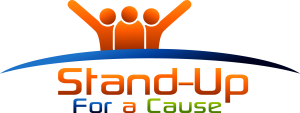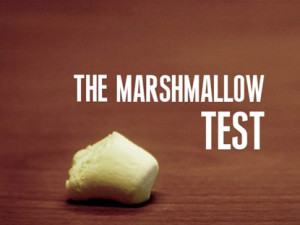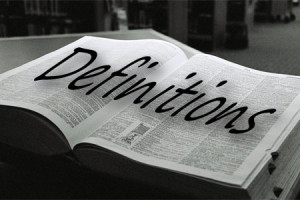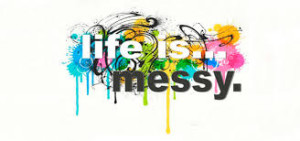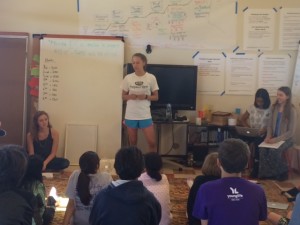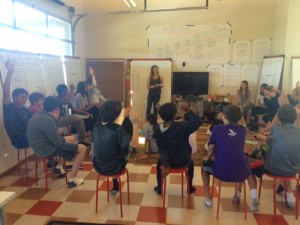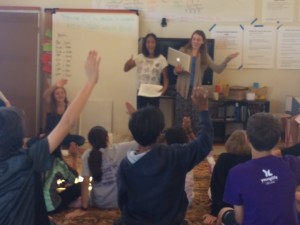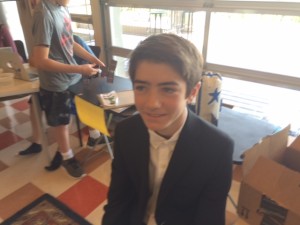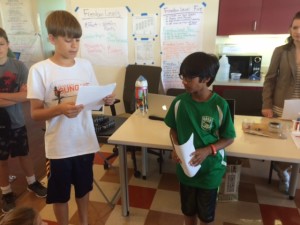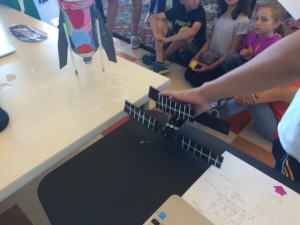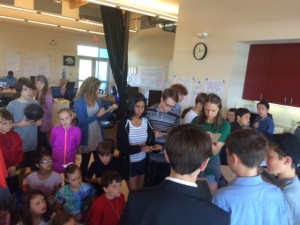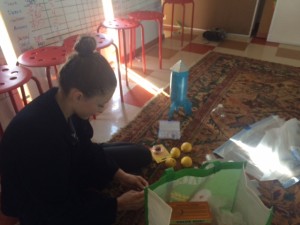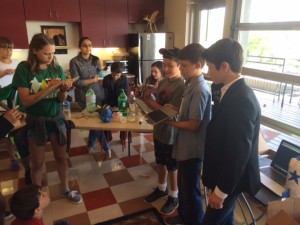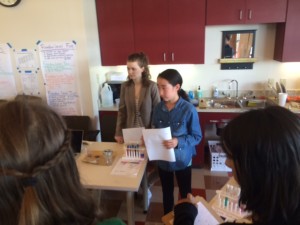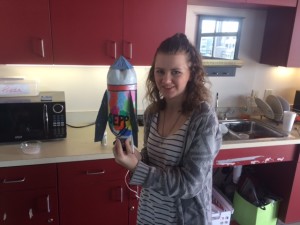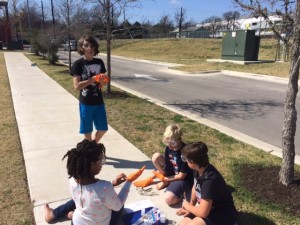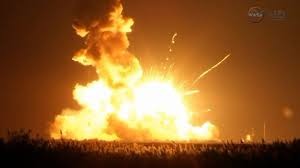Our overarching question for the year is: Must a hero conquer fear to find true love?
This session, the more specific question we are exploring in the Politics and Economics Quest: Must a hero conquer fear of the public square, to find a true love of country, community and self?
Given this goal, our Socratic discussions in Civilization have been centered around the big questions in politics and economics:
- Is government’s primary role to protect our individual rights or create a more prosperous and just world?
- Should we fear anarchy or tyranny more?
- Who should decide how society should be structured: elites or a strong man; the mob and pure democracy or free individuals making individual choices?
- Was Hamilton right about centralizing power or Jefferson right about dispersing it? Who would Madison have agreed with more?
- What happens when governments and markets fail?
Twice each week, Eagles do an hour or more of original research, looking both historical battles and current day dilemmas, followed by a twenty minute Socratic discussion led by an Eagle.
All of this with the underlying question: How will you change the world through political or economic action, without having your morals and principles corrupted by the process?


